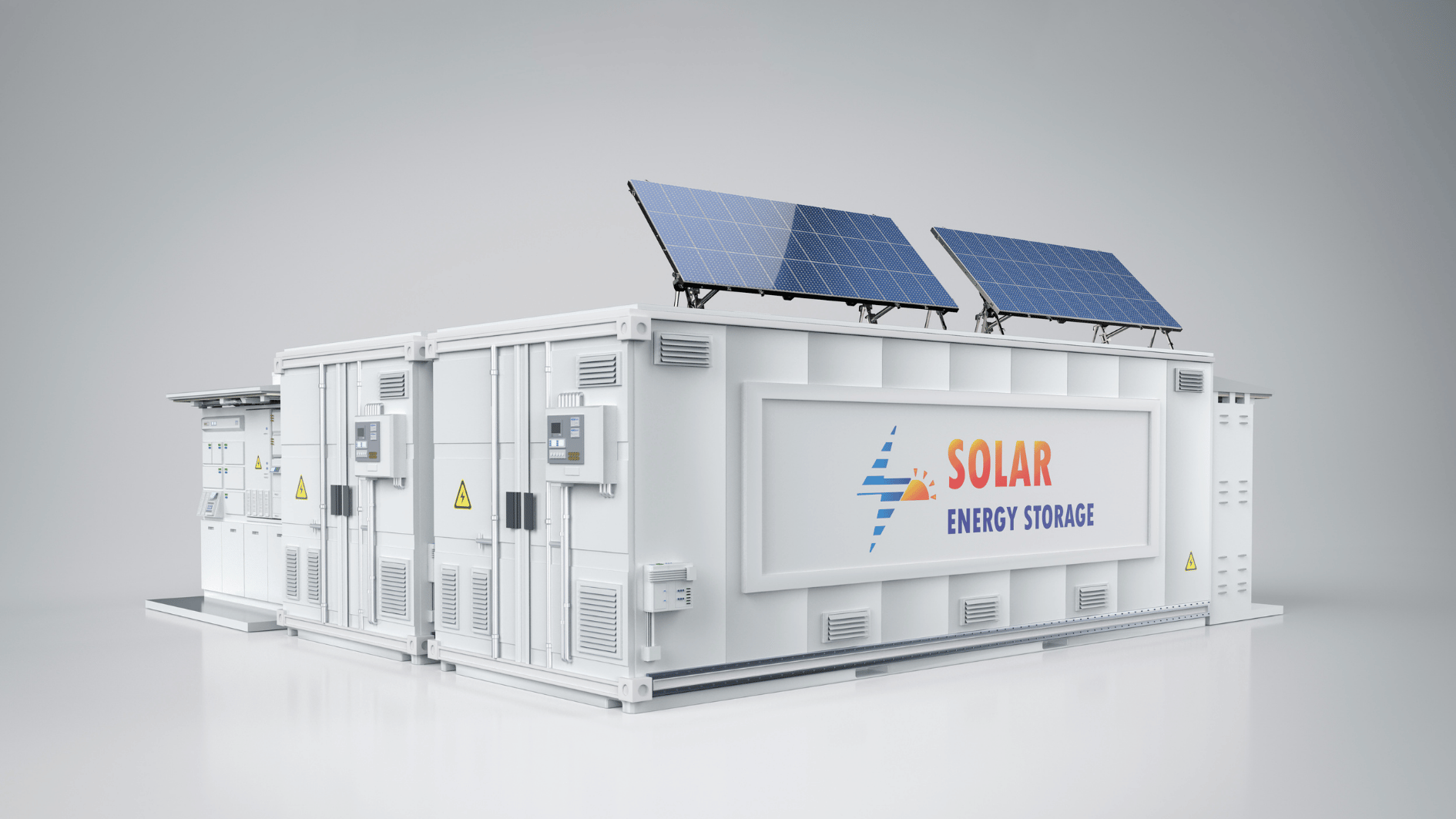Image source: Canva.com
As the world shifts toward renewable energy, efficient storage solutions become essential to managing intermittent energy sources like solar power. Flow batteries have emerged as a promising technology, offering long-duration energy storage, scalability, and sustainability. This article explores how flow batteries function, their advantages, and their role in solar energy systems.
What Are Flow Batteries?

Flow batteries are a type of rechargeable battery where energy is stored in liquid electrolytes contained in separate tanks. Unlike traditional lithium-ion or lead-acid batteries, flow batteries use liquid chemistry to store and release energy, making them highly adaptable for large-scale applications.
How Do Flow Batteries Work?
Electrolyte Circulation
Two liquid electrolytes, typically vanadium-based solutions, are stored in separate tanks, where they remain stable until needed.
Electrochemical Reaction
When needed, the liquids pump through a cell stack, triggering an electrochemical reaction to generate electricity.
Rechargeability
The reaction is fully reversible, allowing the battery to be charged and discharged indefinitely without significant capacity loss.
Advantages of Flow Batteries in Solar Systems
Longer Lifespan
Unlike conventional batteries that degrade over time, flow batteries can last for 20+ years with minimal efficiency loss, making them a cost-effective choice for long-term solar energy storage.
Scalability and Flexibility
Flow batteries can be easily scaled by increasing the size of electrolyte tanks, allowing systems to store more energy without requiring larger cell stacks. This flexibility makes them ideal for both residential and large-scale solar farms.
Enhanced Safety
Flow batteries operate at low temperatures and are non-flammable, reducing risks associated with thermal runaway, which is a common issue with lithium-ion batteries.
High Energy Efficiency
These batteries offer an energy efficiency of 70-85%, depending on the chemistry used, making them a reliable solution for solar power storage.
Sustainability and Low Environmental Impact
With a longer lifespan and recyclable components, flow batteries contribute to a greener energy ecosystem by reducing waste and reliance on mining-intensive materials like lithium and cobalt.
Challenges and Considerations
Despite their benefits, flow batteries face certain challenges:

- Higher initial cost: Flow batteries require a significant upfront investment, though their long lifespan compensates for this cost over time.
- Lower energy density: Compared to lithium-ion batteries, flow batteries have a lower energy density, making them bulkier and requiring more space.
- Pumping system complexity: Since flow batteries rely on liquid circulation, maintaining pumps and system components adds to maintenance requirements.
The Future of Flow Batteries in Solar Energy
Flow batteries are gaining traction in utility-scale solar projects, microgrids, and even residential setups. As research continues to improve their efficiency and reduce costs, they are expected to play a key role in the transition to fully renewable energy grids.
Innovations on the Horizon
- Non-vanadium flow batteries: Research into organic and iron-based flow batteries aims to lower costs and enhance sustainability.
- Hybrid systems: Combining flow batteries with lithium-ion or supercapacitors could optimize energy storage for different use cases.
- Grid integration: Smart grid technologies are incorporating flow batteries to enhance grid stability and reliability.

Flow batteries offer a reliable, scalable, and sustainable solution for solar energy storage, addressing challenges of intermittency and long-term energy management. While the technology is still evolving, its potential to revolutionize solar systems makes it a crucial part of the renewable energy landscape.
Key Takeaways
✅ Flow batteries provide long-duration storage and high safety for solar energy systems.
✅ Their scalability and sustainability make them an attractive alternative to lithium-ion batteries.
✅ Despite higher upfront costs, their long lifespan and efficiency justify investment in the long run.
✅ Continuous advancements are paving the way for more cost-effective and eco-friendly solutions.
Flow batteries could be the missing link in making solar power a truly 24/7 energy source, unlocking the full potential of renewable energy worldwide. ⚡🌞





